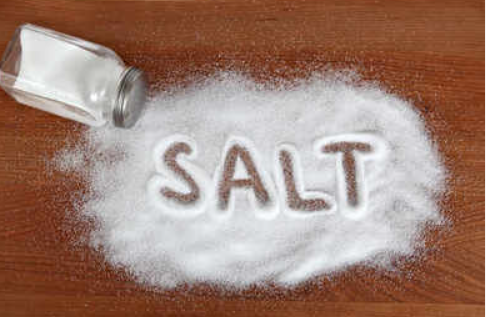WHO Report “Action on Salt and Hypertension” Highlights Health Risks Of Excess Salt Consumption
In its second edition study on salt benchmarks across several dietary categories, the World Health Organization (WHO) has found a major public health problem. The study shows a strong link between eating a lot of sodium and serious health problems, like a higher chance of heart disease and dying early from a bad diet.
Global Health Risks of High Sodium Consumption
Almost two million of the eight million deaths a year that are linked to bad diets are caused by eating too much salt. Sodium, which is mostly found in salt, is needed to keep plasma volume steady and cells working normally. But too much of it can cause high blood pressure, heart disease, strokes, and other serious health problems like stomach cancer, obesity, liver disease, and chronic kidney disease.
How Excess Sodium Raises Blood Pressure?
Since sodium pulls and holds water, eating too much of it makes you hold on to more water. This extra fluid makes the blood flow go up, which puts more stress on the heart and blood vessels and raises blood pressure. High blood pressure that lasts for a long time hurts the heart and raises the risk of heart attack, heart failure, and kidney problems.
WHO’s Recommendations for Sodium Intake
WHO says that people should eat less than 5 grams of salt (equal to less than 2 grams of sodium) every day to lower these health risks. The goal of this guideline is to lower the usual amount of sodium people eat and lower the health risks that come with it. To sum up, sodium is an important nutrient for body processes, but too much of it is very bad for your health. Following WHO standards for monitoring and lowering sodium intake can greatly reduce these health risks.
Facts about WHO
- The World Health Organization (WHO) was established on April 7, 1948, which is now celebrated as World Health Day.
- It is headquartered in Geneva, Switzerland.
- The WHO functions as a specialized agency of the United Nations responsible for international public health.
- The WHO’s first successful global health campaign was the eradication of smallpox in 1980.
- Current priority areas include universal health coverage, health emergency protection, and promoting healthier populations.
- The WHO publishes the International Classification of Diseases (ICD), a global standard for reporting diseases and health conditions.
Month: Current Affairs - May, 2024
Category: International / World Current Affairs • Reports & Indexes Current Affairs








